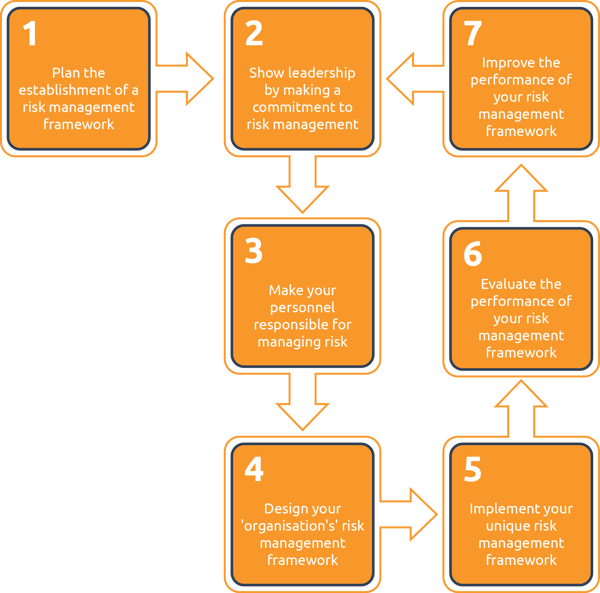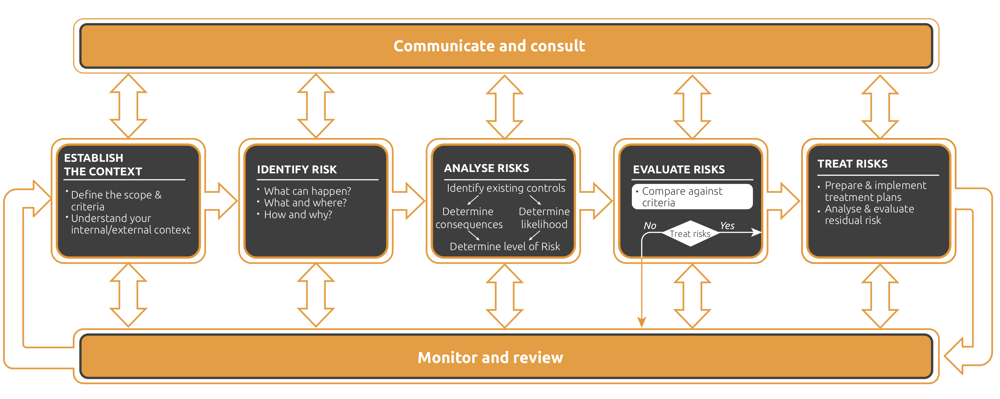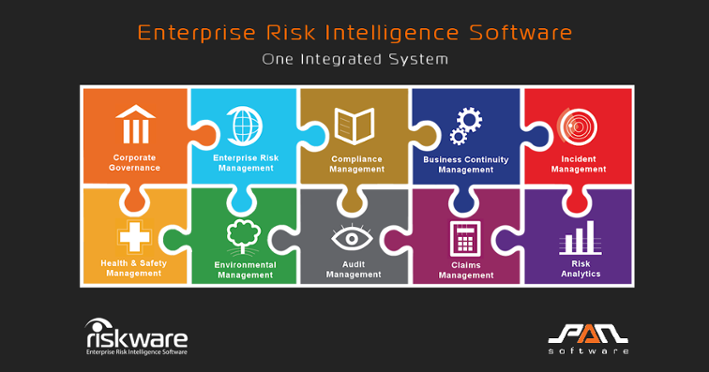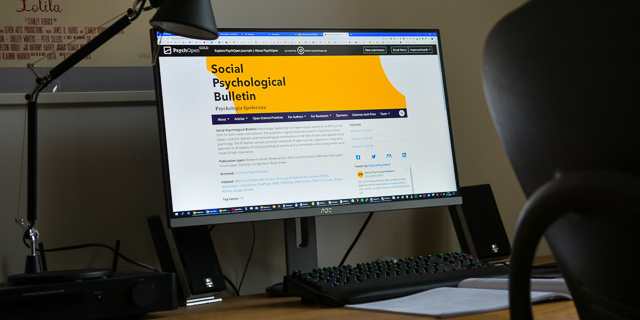It's not being dramatic to say that COVID-19 has consumed both our personal and professional lives. We've been thrust into a world of disruption without any real sense of how long it will take for things to get back to normal and furthermore, what normal will look like. Even for companies that had their business continuity plans developed, a pandemic like COVID-19 was not something many saw coming let alone prioritised protecting themselves from.
Even in these times of uncertainty, however, companies can conquer crises. This is done by not only managing the situation, but also guiding their business and people to the best possible outcome in the end. To do this relies heavily on management and the risk culture of the organisation, and having the ability to think two, three, and more challenges ahead, so as you're responding to the current situation, you're also determining how you'll handle what happens next.
There are three main strategies to employ to achieve this ability to conquer a crisis.
1. Focus on the bigger picture
In the midst of a crisis, leaders may feel they need to focus on what is happening currently, or perhaps they are consumed by the thrill of managing a crisis. The problem with this, of course, is if management is busy trying to handle the existing situation, they aren't able to focus on what's ahead. Then, instead of leading the company, they are in the trenches. Rather, leaders should step back from over-managing current circumstances and reallocate that energy to review and strategise for what's to come.
"Close scrutiny will show that most 'crisis situations' are opportunities to either advance, or stay where you are."
Maxwell Maltz
This is what the traditional risk management framework we follow at RiskWare strives to achieve. As you can see, the framework enables management to commit to managing risk, but puts the responsibility for tactical management in the hands of your employees.
Risk Management Framework

Source: RiskWare's Your Pocket Guide to Enterprise Risk Intelligence
2. Strive for order, not control
This is classic teamwork advice. If the success of a team relies on one person, the team is much less likely to be successful than if everyone is able to contribute in an orderly manner. When leaders think they need to be completely in control of everyone's actions in order for the business to survive, it leads to ineffective micro-management and missing the bigger picture. The goal should not be control, but rather order.
Again, referring to foundational elements of risk management as shown in the diagram below, once the context of a situation is understood, risks need to be identified, assessed, evaluated and treated. A critical component to this process is communication to staff, so firstly, staff know what is expected of them and the role they play in controlling risks, and secondly, management can be confident in what they expect of their staff. Enabling this structure also places employees that are just as, or even more, capable of managing certain situations in the position to handle them.
Risk Management Process

Source: RiskWare's Your Pocket Guide to Enterprise Risk Intelligence
3. Prioritise people first
It can be easy to focus on statistics and financial implications when those are the overwhelming facts your organisation is trying to tackle, but the companies that conquer those crises best are the ones that prioritise their people. Your people are the ones who will be on the front lines managing the issues you're facing, so first and foremost, they need to be supported and looked out for. During a crisis, your people will also be concerned not just about the business, but how it could affect their livelihood. To best manage the risks the organisation faces, your employees need to feel secure that there is infrastructure in place to protect them.
By looking at the big picture, aiming for order and structure, and prioritising people, organisations are placed to conquer a crisis. In the times we are currently in, it's important to start implementing the above if your organisation hasn't already to conquer the current crisis we face and those we can't even anticipate down the road.
If your organisation is looking to improve its ability to mitigate risks, software like RiskWare's Enterprise Risk Management Module can provide the structure and support you need. Our team always has time for a conversation. Don't hesitate to get in touch!







